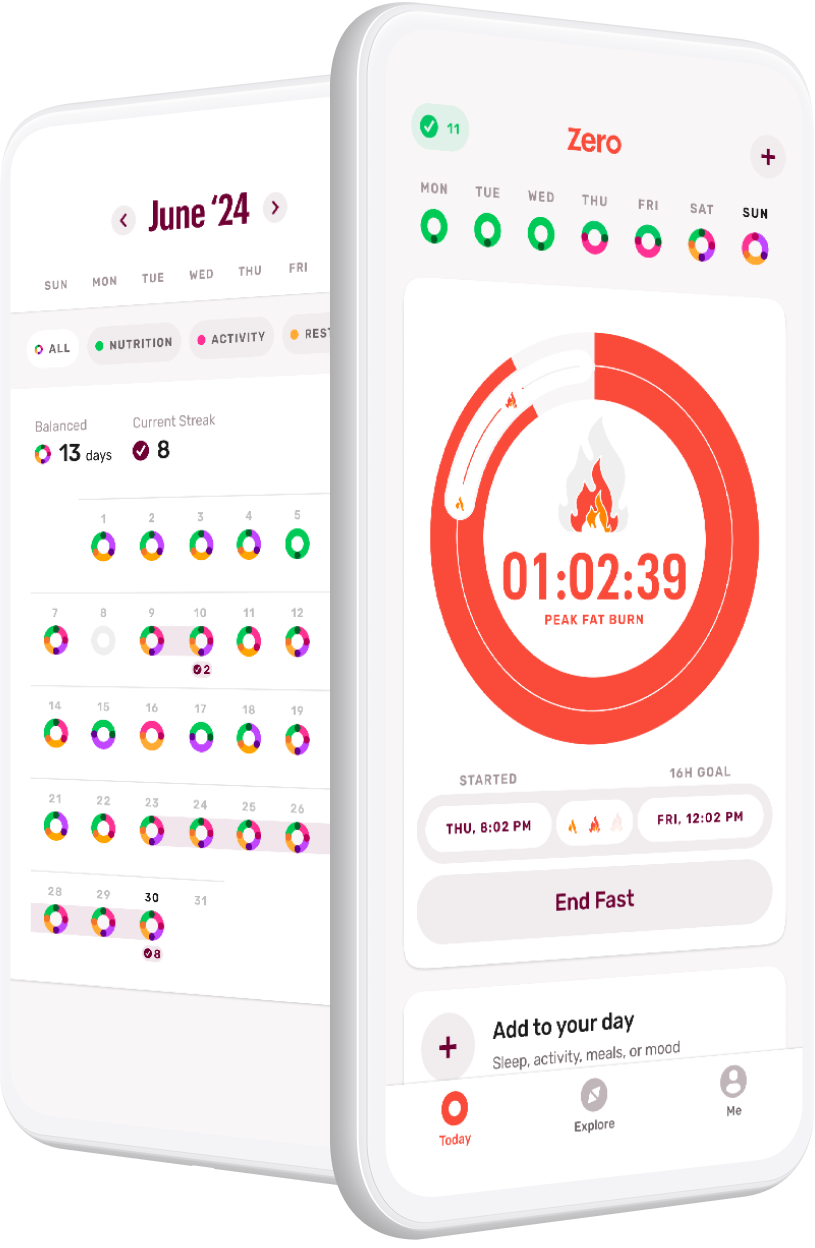Written and medically reviewed by Naomi Parrella, MD
Collagen supplements, post-workout meals, cold plunging, and saunas
It seems like every other wellness ad these days is about a recovery trick or product. But what does “recovery” really mean? And why does it matter?
Read on to gain insights into what you do (and don’t) need to do to recover after working out. This wisdom comes from a recent conversation I had with Dr. Jeremy Alland, a sports medicine physician who works with the Chicago Bulls, the Chicago White Sox, and more.
Q&A
I keep seeing ads for collagen supplements. What is collagen? Is this something I need?
Collagen is the most abundant protein in your body. A lot of marketing around these supplements emphasizes the fact that collagen is the main building block in your skin, hair, and nails—all the tissues that make you look young or old—but it’s also essential for muscles, bones, tendons and ligaments, organs, blood vessels, and even your eyes.
Of course, when you buy a collagen supplement, you’re not actually buying collagen, because your body can’t absorb it. Instead, you’re buying collagen peptides: the amino acids glycine, leucine, and prolene that your body uses to build collagen. These peptides usually come from cow cartilage, but you can get them from many different parts of your diet. In fact, while collagen itself can only be found in the connective tissues of animals, vegetarian-friendly foods like eggs, soy, legumes, nuts, seeds, leafy greens, mushrooms, and genetically modified nutritional yeast are high in amino acids, vitamin C, zinc, and copper, which promote collagen production.
Research has shown collagen peptides are likely safe to ingest, so taking a supplement is fine if you want to do that. However, it’s important to recognize that you can’t control where those collagen peptides actually go. You might be hoping for stronger hair or better skin, but once you ingest collagen peptides, your body decides where to send them, no matter your preference.
After I finish my workout, do I need to eat something to help me recover?
There are as many answers to this question as there are people asking it. For most people, the simple answer is: No, you do not need to eat something after you finish your workout to help you recover. In fact, exercising on an empty stomach and not eating afterward can benefit your health. For instance, continuing to fast after a workout can extend the time your body relies on your fat stories for energy, thereby aiding weight loss and metabolic flexibility.
If you do want to eat after a workout, protein isn’t a bad idea. However, be careful picking your protein source, because many protein supplements include a lot of sugar in order to be palatable. While you may be able to tolerate a little sugar, you don’t want to eat so much that you spike your blood sugar. Ideally, look for protein supplements without added sugars.
Should I use an ice bath for recovery after a hard workout? What about a sauna?
The top consideration before you try either of these is the state of your heart health. The number-one thing that kills people in a cold immersion is going into arrhythmia (irregular heart rhythm), which happens because of the shock and sudden exertion as your body tries to counterbalance the cold. Think of going into cold or heat immersion as the equivalent of sprinting a 60-yard dash. If you wouldn’t do a 60-yard dash without concern for your health, you may not be able to get into an ice bath or a sauna. Consult with your physician!
When it comes to athletic recovery, ice baths and saunas are useful for preventing muscle soreness after hard workouts. They’ve also been shown to improve focus, increase mobility, and decrease depression and anxiety. However, there are a few considerations. First, every person’s response to these recovery protocols is individualized. To determine if it’s working for you, you need to follow a regular protocol for two or three months. If you haven’t noticed any appreciable change in how you look or feel after that duration, then it’s probably not doing much for you.
The other consideration is the purpose of your recovery. If you’re doing big strength workouts in order to gain muscle mass and get stronger, immediately jumping into an ice bath or sauna will actually thwart your efforts. In this situation, you need to wait about 24 hours before you proceed with cold or heat immersion so that your muscles have the time they need to “build back stronger.” However, if your top priority is to avoid soreness—and assuming your heart is healthy—then the ice bath or sauna is fair game.
- Are you losing fat . . . or muscle? - January 28, 2026
- Reframing Resolutions - January 13, 2025
- Q&A with Dr. P: Recovering after Exercise - August 2, 2024

